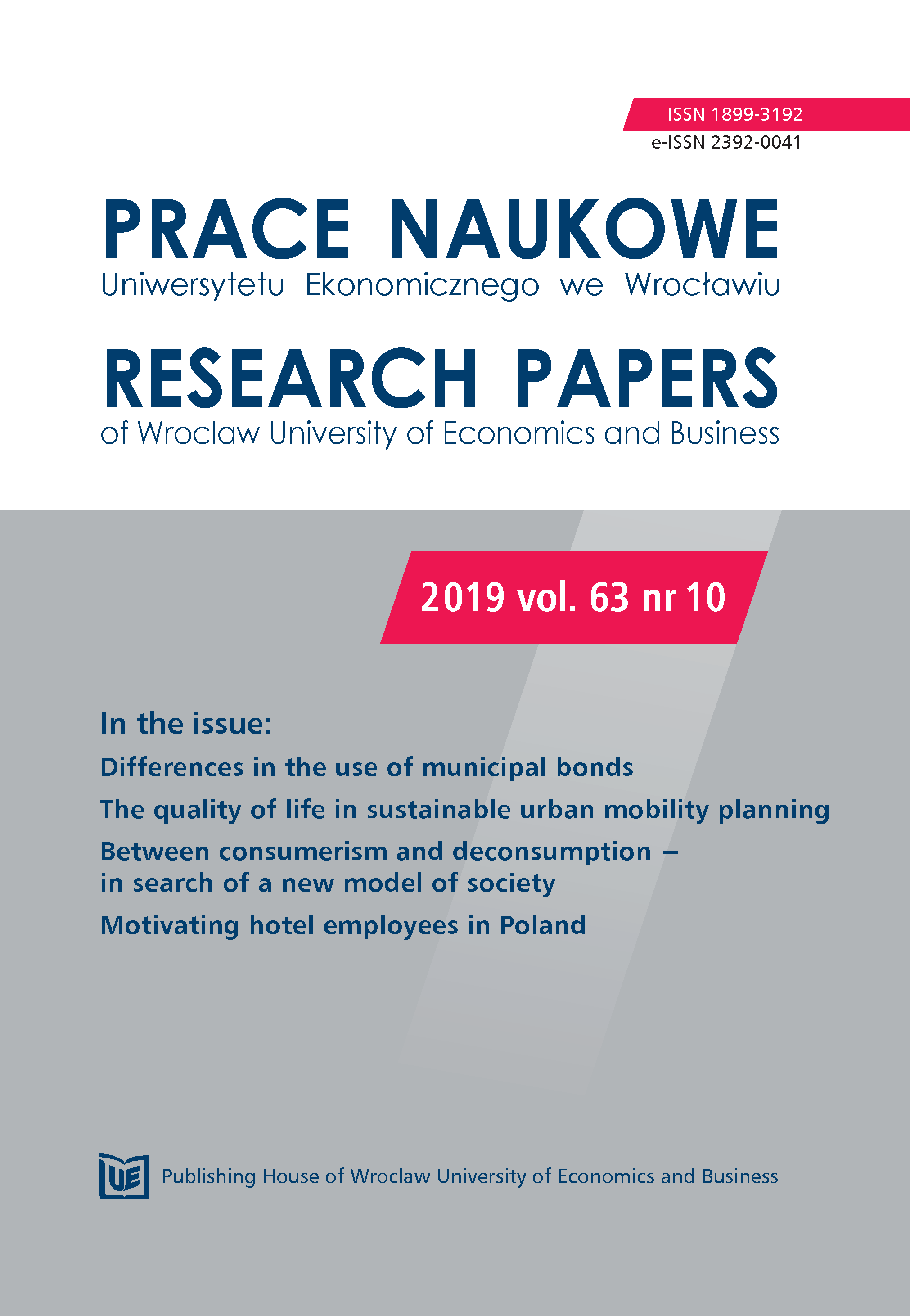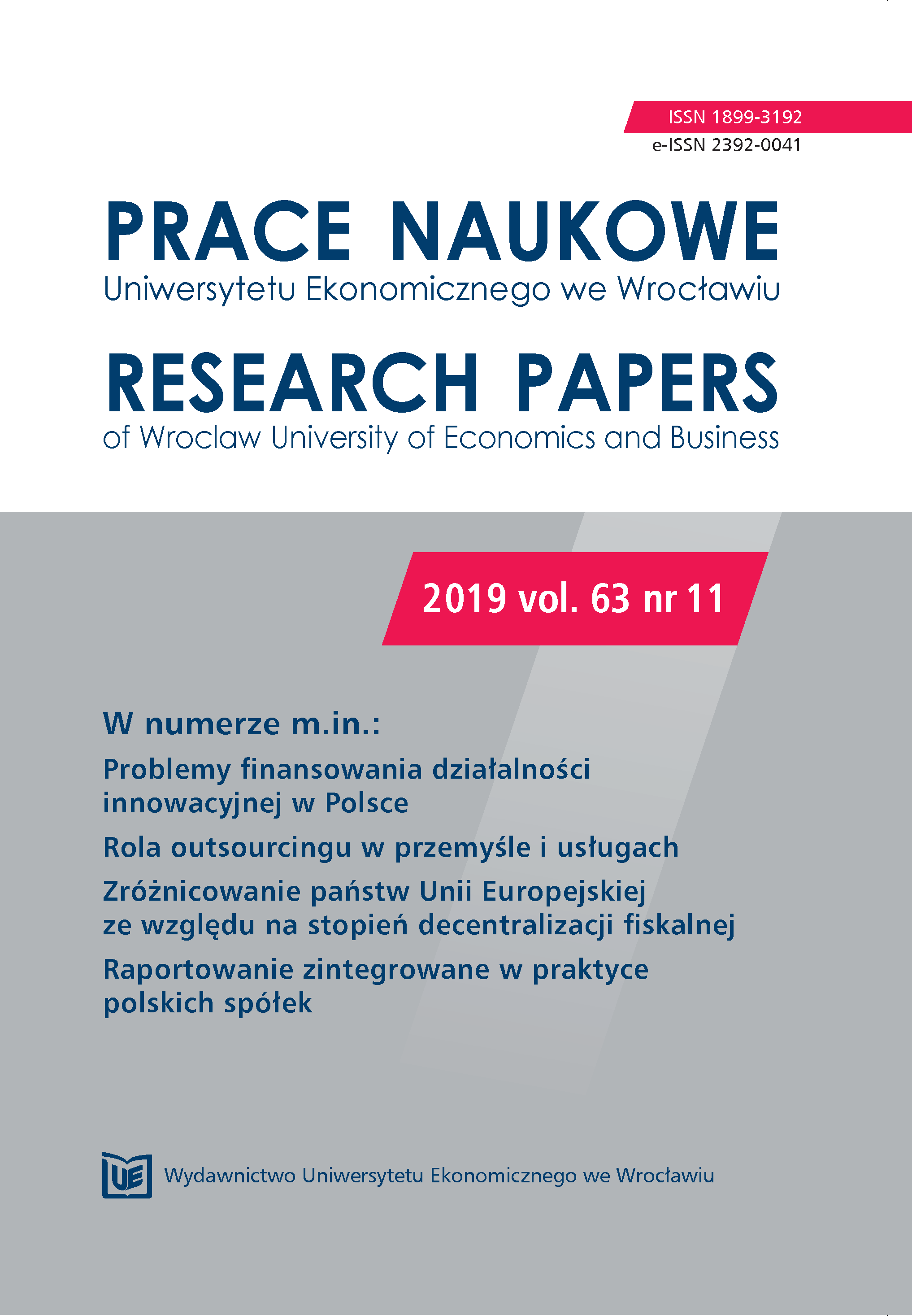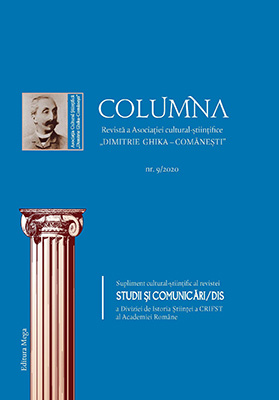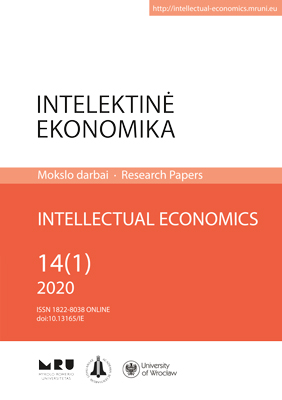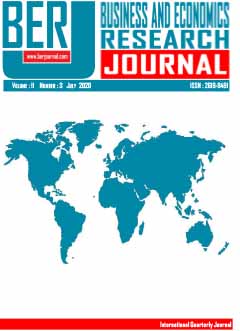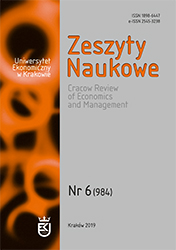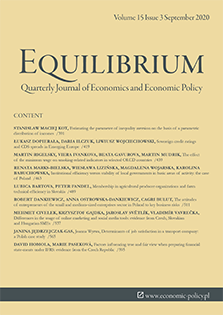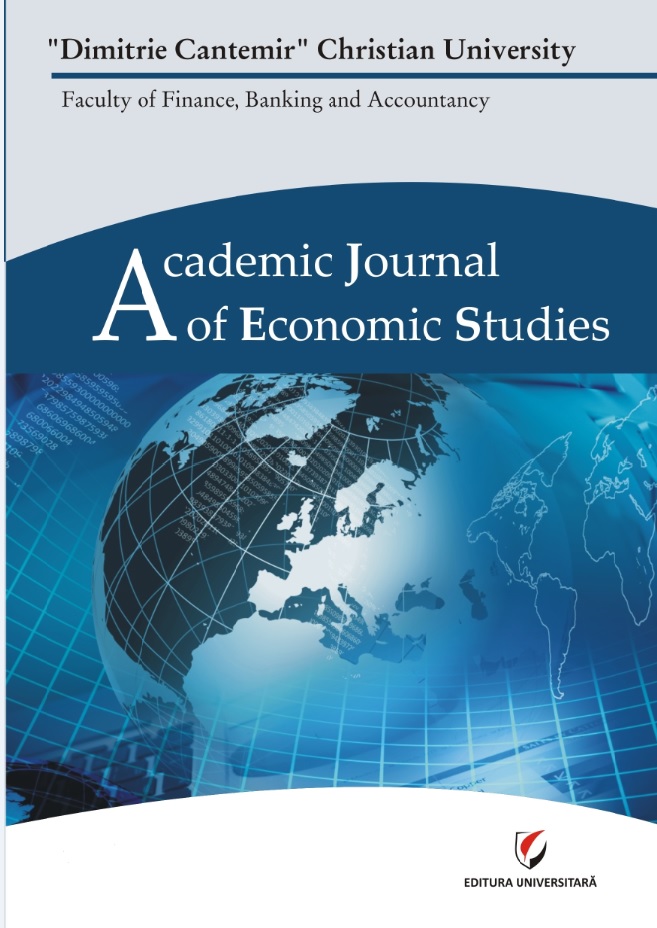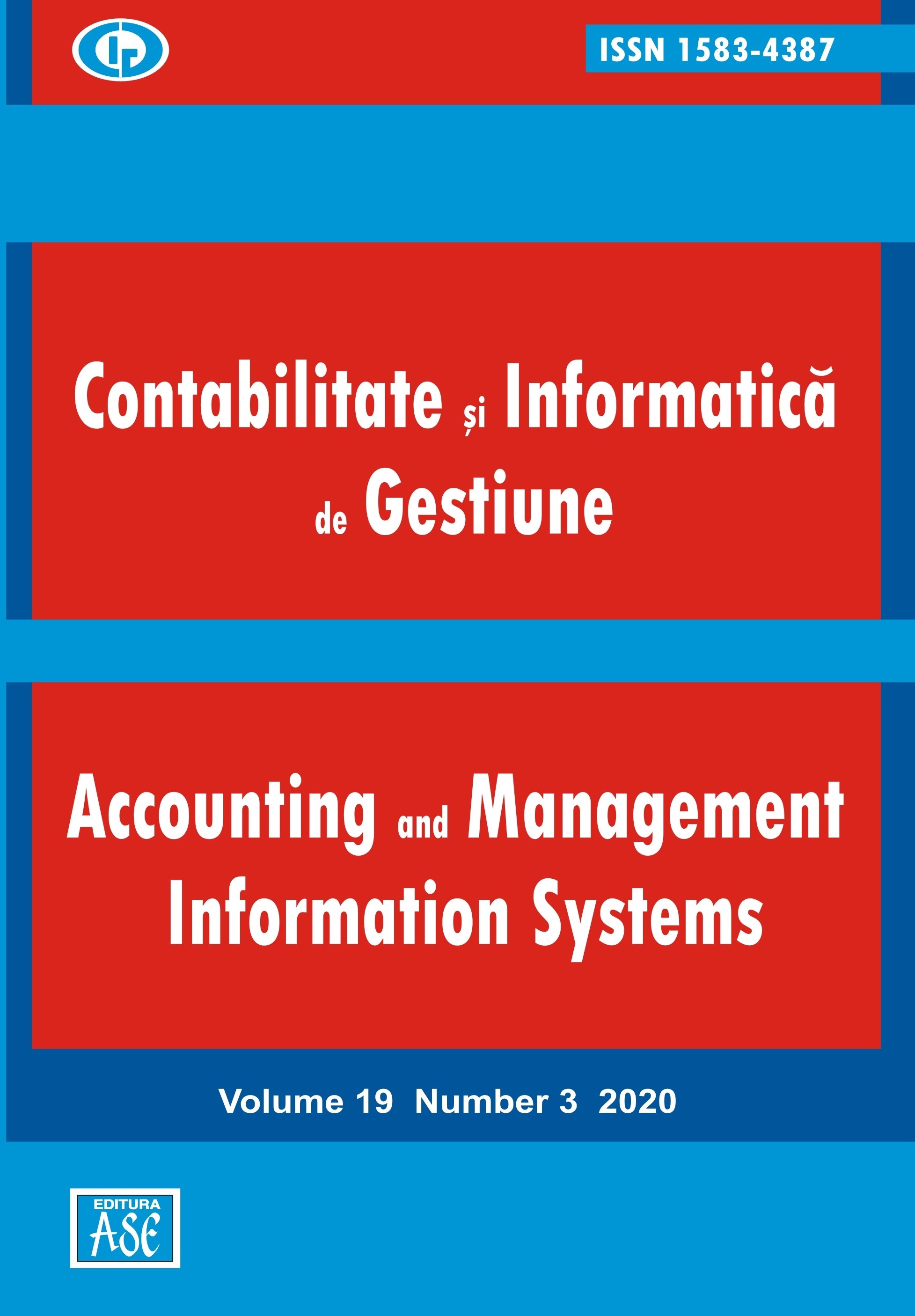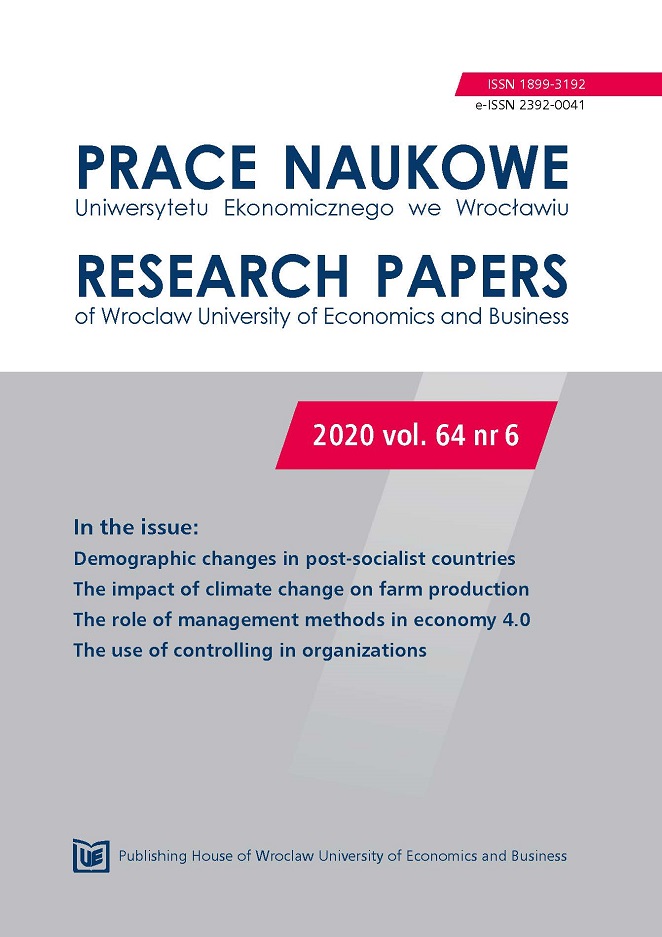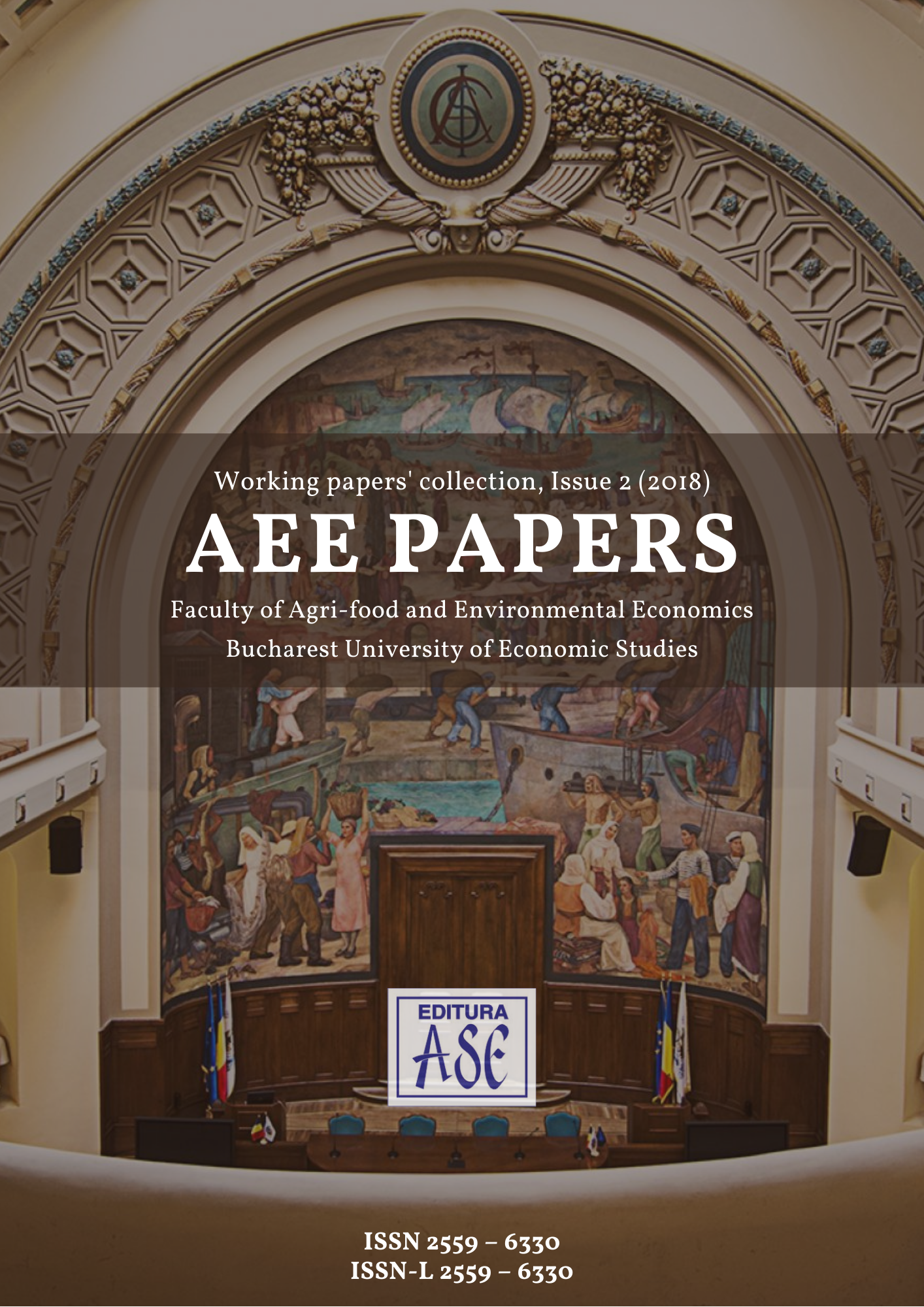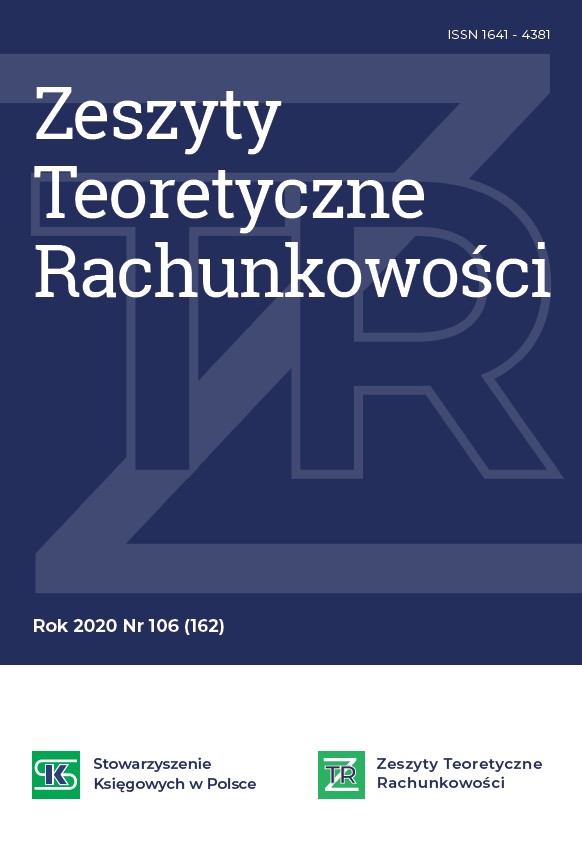
Od Zespołu Redakcyjnego
przekazujemy Państwu numer 107 (163) „Zeszytów Teoretycznych Rachunkowości” (ZTR) opublikowany jako drugi w 2020 roku. Niniejsze wydanie ZTR zawiera siedem artykułów naukowych (trzy w języku polskim i cztery w języku angielskim) oraz zaproszenie do składania artykułów do kolejnego tematycznego numeru ZTR w języku angielskim, który planujemy wydać w 2021 roku. Spośród trzech obszernych tekstów w języku polskim dwa dotyczą zagadnień bieżących, a trzeci historii rachunkowości. M. Kawacki przedstawił zakres i formy informacji ujawnianych na temat modelu biznesu w ramach ujawniania informacji niefinansowych w raportach rocznych za 2017 i 2018 rok 14 spółek notowanych na Giełdzie Papierów Wartościowych w Warszawie, wchodzących w skład indeksu WIG20. Z badania wynika, że informacje o modelu biznesu ujawniane w tych raportach mogą być porównywalne między spółkami oraz mogą i często są już porównywalne w czasie. Ponadto w zbiorze raportowanych informacji o modelu biznesu pojawiła się część wspólna występująca we wszystkich przebadanych spółkach, tj. informacje o łańcuchu tworzenia wartości.Celem artykułu autorstwa M. Kawczyńskiej jest określenie cech osobowości oraz umiejętności, jakie posiadają specjaliści rachunkowości zarządczej w przebadanych przedsiębiorstwach w Polsce w 2018 roku, a także porównanie uzyskanych wyników z rezultatami analogicznego badania z 2015 roku. Na podstawie wyników badania ankietowego autorka stwierdza, że do najistotniejszych cech osobowości i umiejętności, jakie powinien posiadać specjalista rachunkowości zarządczej, należą zaangażowanie, uczciwość i obiektywność oraz umiejętności analityczne. Wśród wymagań dotyczących przygotowania zawodowego największe znaczenie respondenci badania przypisali znajomości narzędzi informatycznych, wiedzy o rachunkowości zarządczej oraz szerokiemu rozumieniu biznesu. Artykuł M. Turzyńskiego w dziale pt. Z historii rachunkowości prezentuje wyniki badania dokumentacji dotyczącej organizacji systemu rachunkowości w getcie łódzkim (Litzmannstadt Getto) w latach 1940–1944. Z badania wynika, że system rachunkowości w getcie łódzkim był w wysokim stopniu uporządkowany, miał rozbudowaną wewnętrzną strukturę, co pozostawało w sprzeczności z warunkami funkcjonowania żydowskiej dzielnicy zamkniętej. Autor zastosował jako podejście badawcze teorię społeczną Z. Baumana, dotyczącą kwestii racjonalności woli przetrwania.
More...
